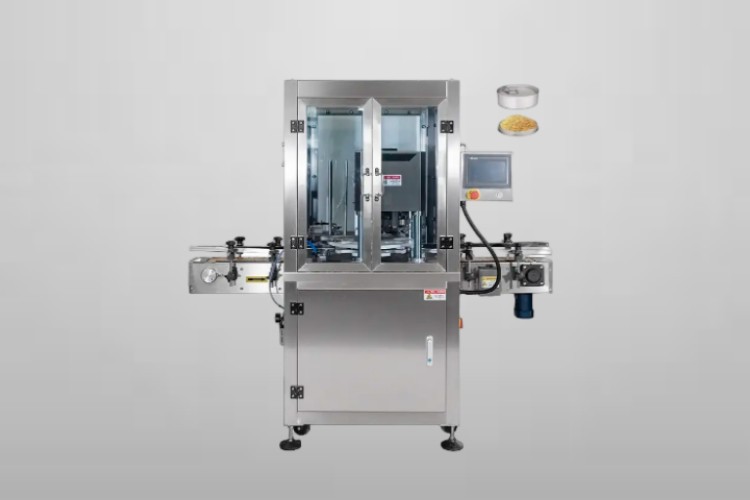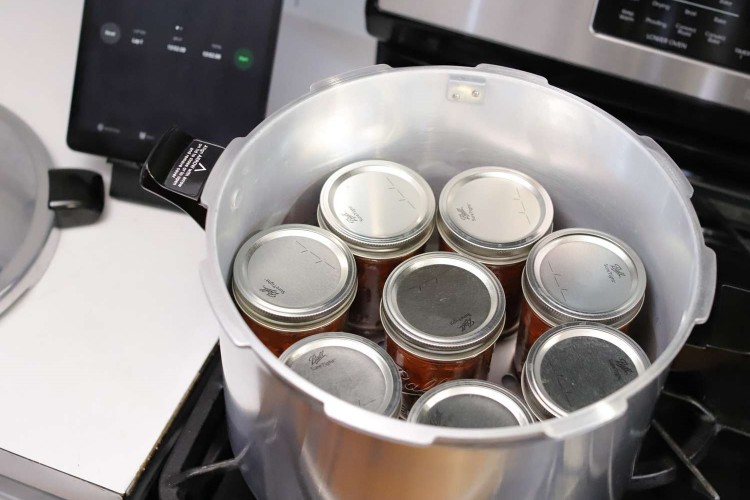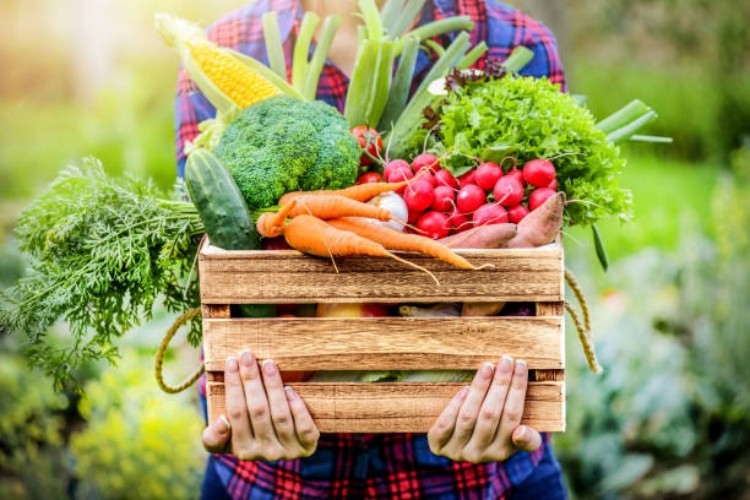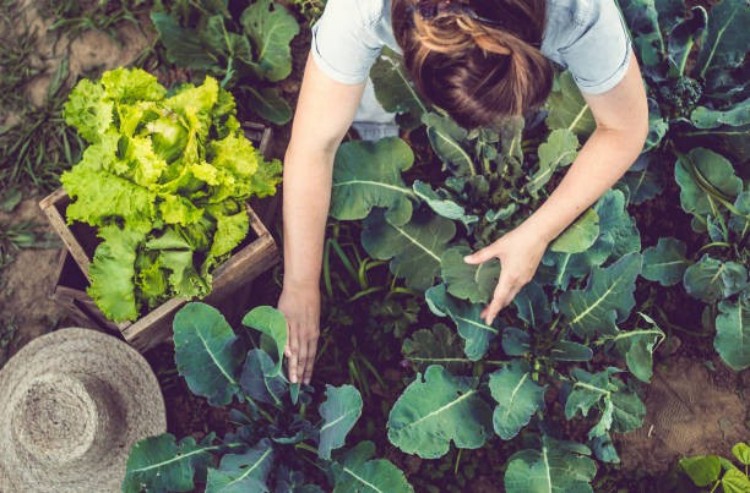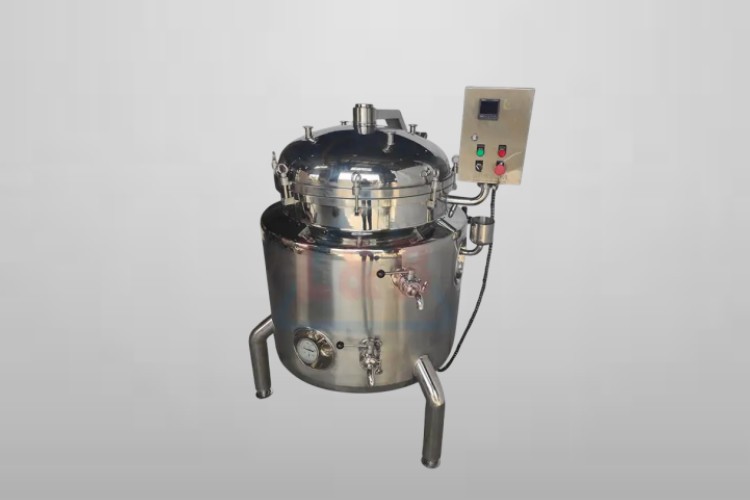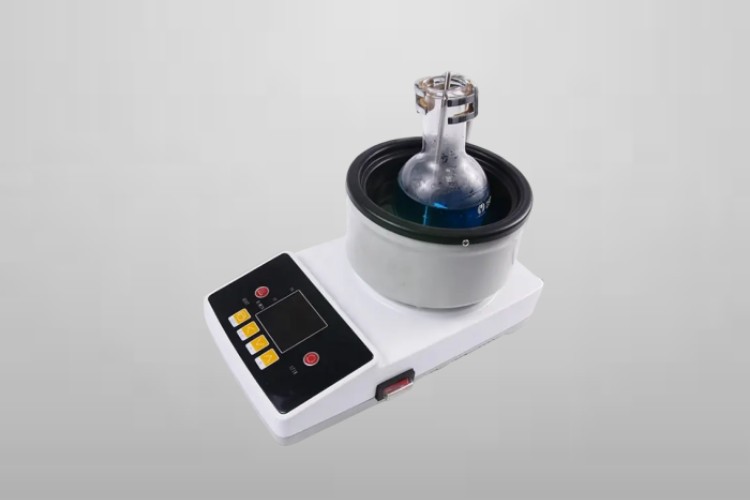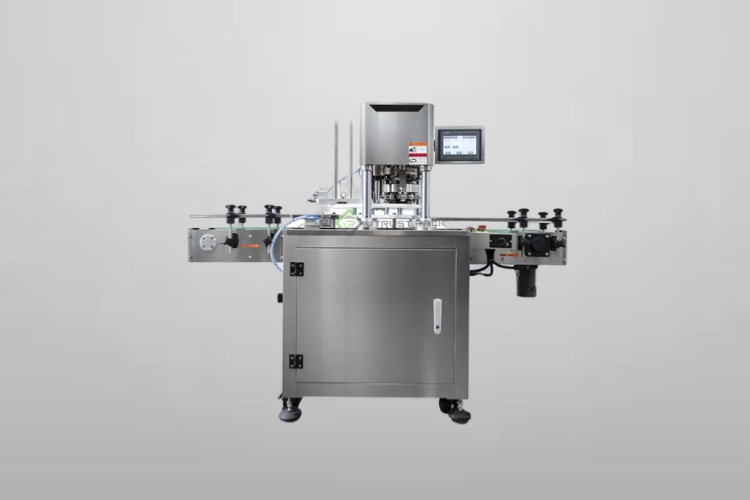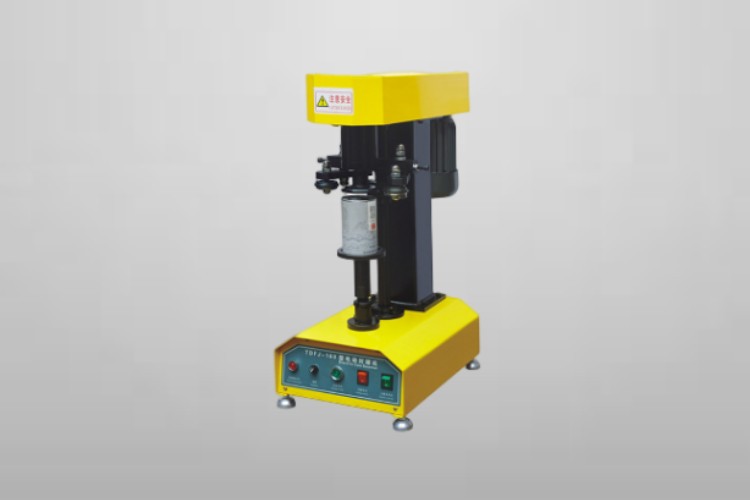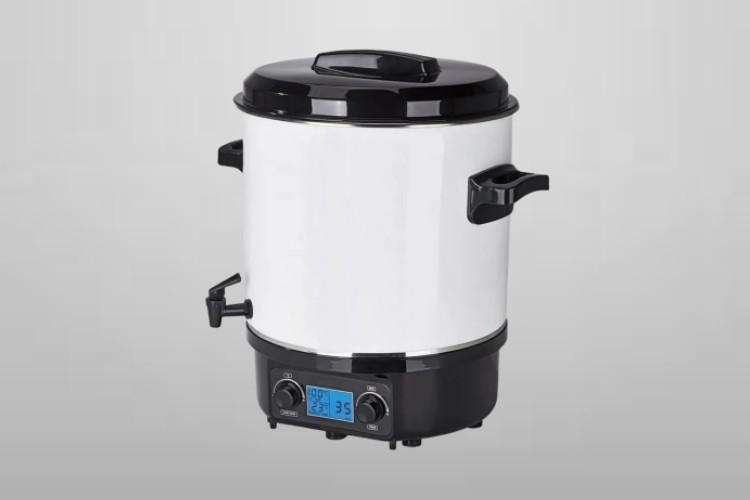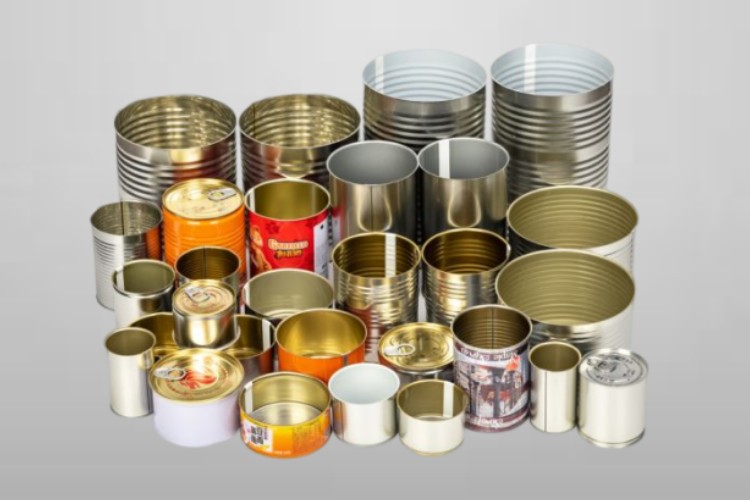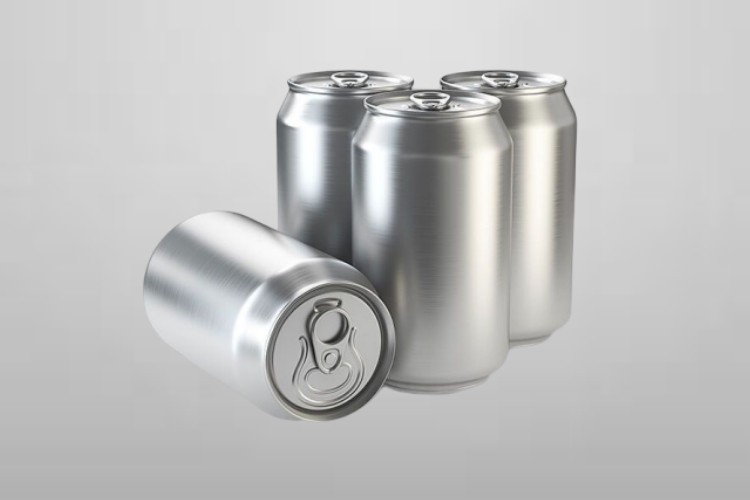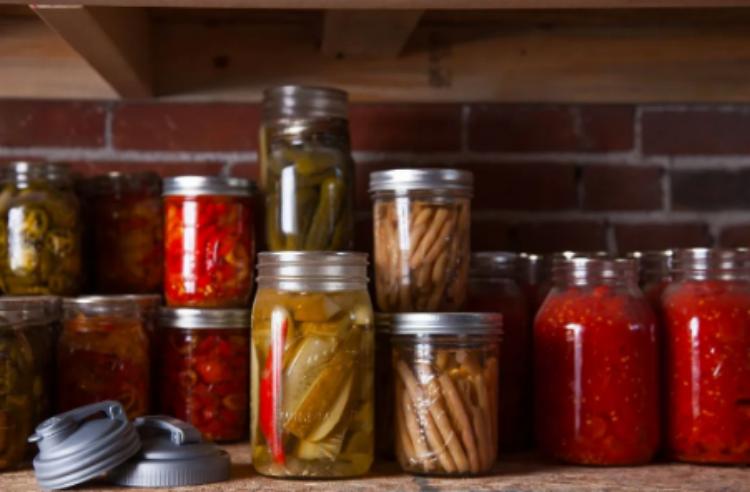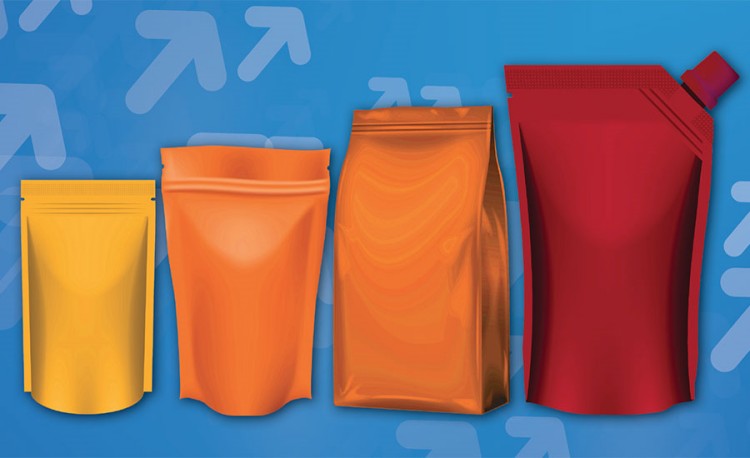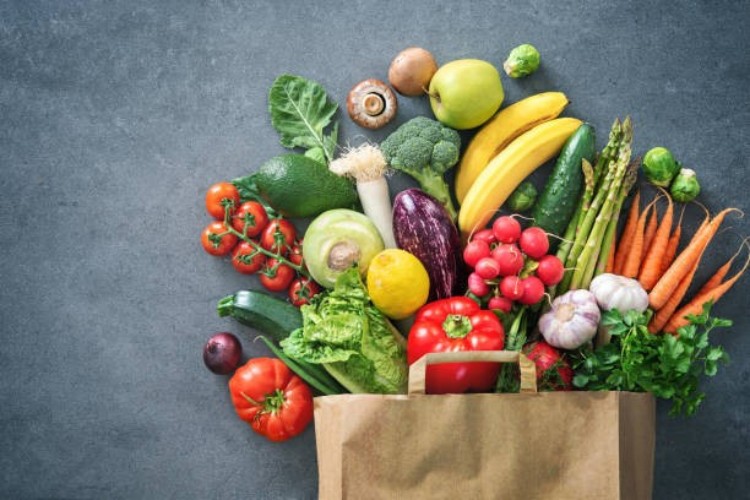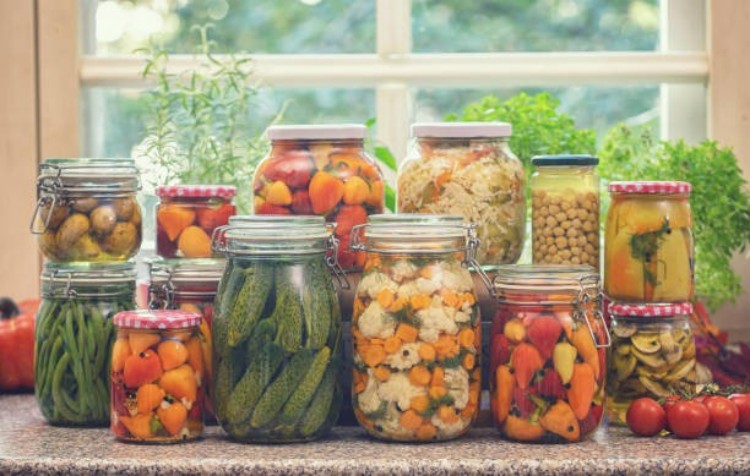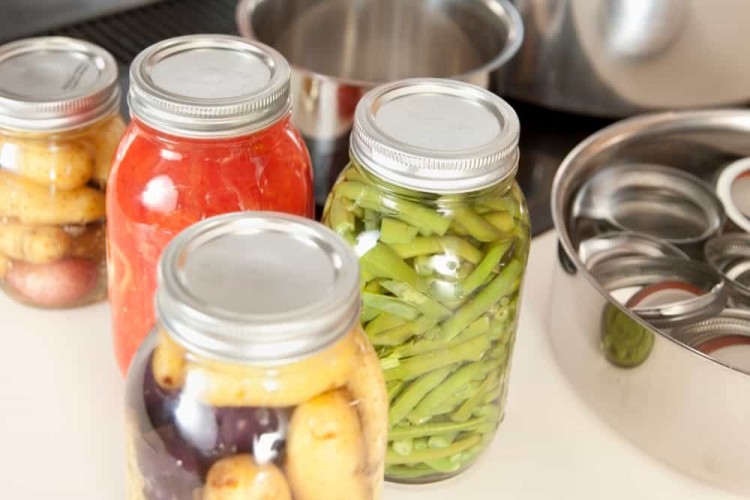Vegetable Canning Machine: The Complete FAQ Guide In 2025
Are you tired of throwing away spoiled vegetables? Stop wasting food and money. Preserving the bounty of your garden by canning vegetable machine is a great way to enjoy fresh produce year-round. But, to do so efficiently and safely, you’ll need a reliable vegetable canning machine.
In this buying guide, It will provide information on the different types of canning machines available, as well as features to look for when making a purchase, such as size, capacity, and ease of use. It will also provide tips on how to properly use and maintain a canning machine to ensure the best results.
With so many options on the market, finding the right vegetable canning machine can be overwhelming. Let’s break it down and make it easy.
1.What is a Vegetable Canning Machine?
A vegetable canning machine is a device used to preserve vegetables by sealing them in airtight containers, such as cans or jars. The process of canning vegetables involves heating the containers and their contents to a high temperature, which kills any bacteria or microorganisms that could cause spoilage.
This process also causes the vegetables to shrink and condense, creating a vacuum in the container that prevents oxygen from entering and further preserving the contents.
Vegetable canning machines can include a variety of equipment and process steps, such as washing and trimming the vegetables, blanching them to preserve color and texture, filling and sealing the containers, and heating the containers in a retort or pressure cooker. The machine also includes various safety features like pressure and temperature sensors and overheat protection.
2.Enlist some unique features of a Vegetable Canning Machine.
Some unique features of a vegetable canning machine include:
Automatic filling and sealing:
This feature allows for the efficient and consistent filling and sealing of cans with vegetables.
Adjustable temperature control:
This feature allows for precise control of the temperature during the canning process, ensuring that the vegetables are properly sterilized and preserved.
Automatic weight measurement:
This feature allows for accurate measurement of the weight of the vegetables being canned, ensuring that the correct amount is used in each can.
Automatic lid placement and closing:
This feature allows for the efficient and consistent placement and closing of lids on the cans, ensuring a tight seal and proper preservation of the vegetables.
Automatic ejection of cans:
This feature allows for the efficient and consistent ejection of cans from the machine, reducing the need for manual labor.
Stainless steel construction:
Many Vegetable Canning Machine are built of stainless steel which makes it more durable, corrosion resistant and easy to clean.
Multiple can size compatibility:
Many machines are compatible with multiple can sizes, making it more versatile and suitable for different types of vegetable canning operations.
Advanced safety features:
Many machines comes with advanced safety features such as emergency stop, pressure relief valve, and other safety measures to ensure the safety of operators during the canning process.
Overall, a vegetable canning machine is designed to automate the canning process, increase efficiency and improve the quality of canned vegetables.
3.For what purposes, a Vegetable Canning Machine is used?
The use of a vegetable canning machine allows for the efficient and consistent preservation of vegetables, increasing their shelf life and making them available for consumption year-round.
This is particularly useful for vegetables that are in season for only a short period of time, or for those that are grown in limited quantities. Canning also allows for the storage of vegetables in a compact and space-saving manner.
The use of a vegetable canning machine also allows for the efficient and consistent packaging of vegetables in cans, making them easy to transport and distribute to retailers and consumers. This is particularly useful for large-scale vegetable production operations, such as those found in commercial farms and processing facilities.
In addition, a vegetable canning machine can also be used to package vegetables in jars, which is suitable for home-based canning or small scale production.
The use of a vegetable canning machine is also beneficial for the food industry as it increases the efficiency, safety and quality of the canning process and also reduces the labor cost.
Overall, the use of a vegetable canning machine is important for increasing the shelf life and availability of vegetables, and for packaging and transporting them in a convenient and efficient manner.
4.What are the major components of a Vegetable Canning Machine?
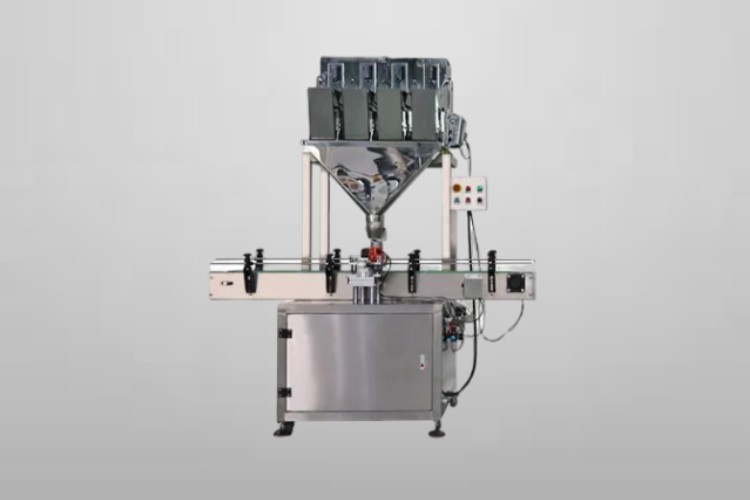
Filling hopper:
This is the container at the top of the machine where vegetables are placed before they are processed. It is typically made of stainless steel and is designed to hold a large volume of vegetables.
Washing and blanching unit:
This component is used to clean and disinfect the vegetables before they are canned. It typically includes a series of wash nozzles, blanching tanks, and drying systems.
Can filling and sealing unit:
This component is used to fill the cans with the vegetables and seal them. It typically includes a filling head, a seaming head, and a conveyor system to transport the cans through the process.
Sterilization unit:
This component is used to sterilize the filled and sealed cans, typically by heating them to a high temperature for a specific period of time, to kill any bacteria or microorganisms present.
Cooling unit:
This component is used to cool the cans after sterilization. It typically includes a cooling tank and a conveyor system to transport the cans through the cooling process.
Labeling and packaging unit:
This component is used to label and package the canned vegetables for shipping and storage. It typically includes a labeling machine and a packaging machine.
Control system:
This component is used to control and monitor the various operations of the canning machine, including the filling, sealing, sterilization, and cooling processes. It typically includes a control panel, sensors, and a computer interface.
5.What is the working principle of a Vegetable Canning Machine?
A vegetable canning machine is used to preserve vegetables by sealing them in airtight cans. The technique generally involves several phases, including:
Preparation: The vegetables are washed, trimmed, and cut to the appropriate size for canning.
Blanching: The vegetables are briefly heated in boiling water or steam to inactivate enzymes and bacteria that could cause spoilage.
Filling: The vegetables are placed into cans and any liquid, such as broth or water, is added.
Sealing: The cans are sealed with a lid and a vacuum is created to remove any remaining air.
Sterilization: The sealed cans are heated to a high temperature for a specific period of time to kill any remaining bacteria and ensure preservation.
Cooling: The cans are cooled to room temperature to prevent any thermal shock when opened.
The machine used to perform these steps typically includes several components such as conveyor belts, blanching tanks, filling machines, sealing machines, sterilization units, and cooling units. The machine is designed to work automatically and continuously to make the process more efficient and consistent.
In addition, some machines can have the feature of inspecting or sorting damaged or spoiled vegetables before or after the process to ensure the quality of the final product.
6.Are there different types of Vegetable Canning machines available in the market?
Yes, there are different types of vegetable canning machines available in the market. Some common types include:
Pressure Vegetable Canning Machine
A pressure vegetable canning machine is type of kitchen equipment used for the home preservation of fruits, vegetables, and meats. Pressure canning is an effective method for preserving food because it can reach higher temperatures than boiling water canning, which allows for the destruction of bacteria and spores that can cause botulism.
Water Bath Vegetable Canning Machines
A water bath vegetable canning machine is a type of kitchen equipment used for home canning of fruits and vegetables. It is a large pot with a lid and a wire rack that sits at the bottom. The pot is filled with water and heated to a high temperature to sterilize the jars of food before they are sealed.
Automatic Vegetable Canning Machine
An automatic vegetable canning machine works in automatic way with the help of sensors, PLC and other electrical components to control the movement of the vegetables, jars and lids through the different stages of the canning process, ensuring that each jar is filled and sealed properly.
Manual Vegetable Canning Machine
The manual vegetable canning machine is a durable and efficient solution for preserving your favorite fresh produce. This machine is designed to make the canning process easy and convenient, while still providing you with high-quality results.
With its sturdy construction, you can be sure that your fruits and vegetables will be safely stored for long periods of time.The machine operates manually, giving you complete control over the canning process, and allowing you to preserve your produce exactly how you want it.
Whether you’re an experienced canner or just starting out, the manual vegetable canning machine is an excellent choice for preserving your harvest.
Electric Vegetable Canning Machine
The Electric Vegetable Canning Machine is a state-of-the-art appliance designed for home canners and small-scale food processing operations. This machine can process and preserve a wide range of fresh vegetables, fruits, and other foods, preserving their flavor, texture, and nutritional value.
The machine features an easy-to-use digital interface, which allows you to select the appropriate canning cycle based on the type of food you’re processing.The electric operation eliminates the need for stovetop boiling, and the machine’s efficient heating system ensures consistent and precise temperature control, reducing the risk of spoilage.
With a durable stainless steel construction and a compact design, this machine is a must-have for anyone looking to preserve their own food and enjoy healthy, homemade meals all year round.
7.What are the different kinds of cans that are use to pack vegetables?
There are several types of cans that are commonly used to pack vegetables, including:
Tinplate cans:
These are made from tin-coated steel and are the most common type of cans used for packaging vegetables. They are durable, lightweight, and provide an effective barrier against light, air, and moisture.
Aluminium cans:
These cans are made from aluminium and are also commonly used for packaging vegetables. They are lightweight, durable, and provide an effective barrier against light, air, and moisture.
Glass jars:
Glass jars are also commonly used for packaging vegetables. They provide an effective barrier against light, air, and moisture and are also reusable and recyclable.
Flexible pouches:
This is a newer type of packaging that is made from plastic or composite materials and is used for packaging a variety of food products, including vegetables. They are lightweight, and can be shaped to fit the product, and are also good for long-term storage.
It’s important to note that cans and jars can also come in various sizes, shape, and designs and also can be used with different kind of sealing options( vacuum sealing, pressure sealing, etc) depending on the need of the product.
8.What types of vegetables are suitable for canning and which are not?
Many types of vegetables are suitable for canning, including tomatoes, green beans, corn, carrots, beets, and peppers. These vegetables have a high acid content, which helps to preserve them during the canning process. They also tend to be firm and have a relatively low water content, which helps to prevent them from becoming mushy or disintegrating during processing.
On the other hand, some vegetables are not recommended for canning. These include leafy greens, such as spinach and lettuce, as well as vegetables with a high water content, such as cucumbers and zucchini. These vegetables can become mushy or lose their texture during the canning process, and they may also develop off-flavors.
Additionally, some vegetables, such as broccoli and cauliflower, should only be canned in combination with other high-acid vegetables, as they do not have a high enough acid content on their own to ensure preservation during canning.
It’s also important to note that all low-acid vegetables, including all types of beans, peas, lentils, corn, and pumpkin, must be pressure canned because of botulism risk.
In summary, vegetables with high acid content and firm texture are suitable for canning, while leafy greens, vegetables with high water content, and low-acid vegetables are not recommended for canning.
9.What are the most important safety precautions to take when using a vegetable canning machine?
When using a vegetable canning machine, it is important to take several safety precautions to ensure that you do not harm yourself or others.
Always read and follow the manufacturer’s instructions for using the vegetable canning machine.
Do not attempt to can low-acid foods, such as vegetables, without a pressure vegetable canning machine.
Make sure that the canning jars and lids are clean and free from cracks or chips.
Use a jar lifter or tongs to handle hot jars and lids, as they can cause burns.
Keep the canning area clean and well-organized to prevent accidents.
Always use a timer to ensure that the jars are processed for the correct amount of time.
After processing, use a jar lifter or tongs to remove the jars from the vegetable canning machine and place them on a towel or cooling rack to cool.
Do not touch the lids or jars while they are cooling, as they may still be hot and under pressure.
Once cooled, check the seals on the jars to make sure they are tight. If a jar does not seal properly, refrigerate it and use the contents within a few days.
Always wear protective gear such as heat resistant gloves, safety goggles, and long-sleeved clothes while working with the canning machine to reduce the risk of burns or other injuries.
Please note that this is not an exhaustive list, and you should always refer to the manufacturer’s instructions for specific guidance on the use of your vegetable canning machine.
10.Can canned vegetables be stored for long periods of time without losing quality?
Canned vegetables can be stored for long periods of time without losing quality if they are stored properly.
Proper storage includes keeping the cans in a cool, dry place, away from light and heat sources. The ideal storage temperature is between 50-70 degrees Fahrenheit. Exposure to light and heat can cause the cans to rust, which can lead to spoilage.
It’s also important to check the cans for any signs of damage before storing them, such as dents or bulges. These can indicate that the can is compromised and may have spoiled the contents.
The shelf life of canned vegetables varies depending on the type of vegetable and the method of canning. Generally, canned vegetables can last for 2-5 years if stored properly. Canned vegetables should be consumed within a year after opening the can.
It’s also important to note that canned vegetables may lose some of their taste and texture over time, so it’s best to consume them within the first year after opening the can.
In summary, canned vegetables can be stored for long periods of time without losing quality as long as they are stored properly in cool and dry place, away from light and heat sources, and with no signs of damage. But it would be best to consume them within the first year after opening the can.
11.What factors should be considered before buying a Vegetable Canning Machine?
There are several factors to consider before purchasing a vegetable canning machine:
- Capacity: The first thing to consider is the capacity of the canning machine. You’ll want to choose a machine that can handle the amount of vegetables you plan to can. Consider the size of your family or the size of your business to determine the appropriate capacity for your needs.
- Type of vegetable: Different types of vegetables have different canning requirements, so you’ll want to choose a machine that is suitable for the type of vegetable you plan to can. For example, some vegetable canning machinesare specifically designed for high-acid vegetables like tomatoes, while others are designed for low-acid vegetables like green beans.
- Size and weight: Consider the size and weight of the canning machine, as well as the amount of space you have available in your kitchen or business. Some vegetable canning machinesare quite large and may take up a lot of counter space, while others are more compact and portable.
- Safety features: Safety is an important consideration when purchasing a canning machine. Look for a machine that has safety features such as pressure release valves, automatic shut-off, and overheat protection.
- Price and warranty: Compare prices and warranties from different manufacturers to find the best deal. Choose a machine that fits your budget and has a warranty that covers any defects or malfunctions.
- Ease of use: Finally, consider the ease of use of the canning machine. Some machines are more user-friendly than others, with easy-to-use controls and clear instructions.
It’s also important to note that it may be best to check with your local health department or other regulatory agency to ensure that any canning machine you are considering meets their requirements.
Conclusion
In conclusion, a vegetable canning machine can be a great investment for those who want to preserve their home-grown produce or bulk purchase of vegetables. With the right machine, you can enjoy your home-grown vegetables all year round and have the peace of mind that they are safely preserved. Ultimately, purchasing a vegetable canning machine is a great way to ensure that you are always able to enjoy fresh, healthy produce, even when it’s out of season.
Don't forget to share this post!
CONTACT US
Tell us your raw material and project budget to get quotations within 24 hours.
WhatsApp Us: +86 181 7101 8586
The Buyer's Guide
